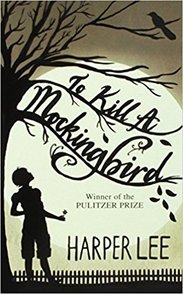
The author’s estate has just filed a lawsuit against the producer, Scott Rudin. At issue is his adaptation for stage. The estate attorney claims that it deviates too much from the novel and that this is a violation of their contract, which specifies that they shall not “derogate or depart in any manner from the spirit of the novel nor alter its characters.”
As a playwright, I find this case fascinating. As a lesbian, I think that both sides are overlooking the obvious.
To Kill a Mockingbird, published in 1960, was considered radical in its day. The protagonist, Atticus Finch, is a white attorney who stands up to the prejudice in his small Alabama town, defending an African American man who has been falsely accused of rape by a white woman.
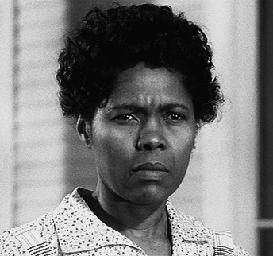 Estelle Evans, in the role of Calpurnia in the 1962 film adaptation.
Estelle Evans, in the role of Calpurnia in the 1962 film adaptation. This was the book that Harper Lee wrote. It is an artifact of its time. Although African American authors were writing and publishing, the white-dominated mainstream market was not ready to identify with their perspectives. Lee’s book was an immediate bestseller. It’s my opinion that the popular embrace of the book is contingent on the fact that Atticus loses his case and that the defendant is killed in attempting to escape. Like the trope of the dead lesbian, this reification of the status quo invites self-satisfied expressions of compassion from mainstream readers who are spared the more difficult work of embracing an ending that signals social change.
Today the Great White Savior narrative is widely acknowledged as offensive, and one not likely to repay the investment that goes into mounting a Broadway production. This is why, in this dramatic adaptation by Aaron Sorkin, Atticus is portrayed at the outset as a man in denial about the racism of his town—an apologist for prejudice, unwilling to believe that an innocent man can be found guilty. The role of Calpurnia, the African American woman who cooks for the Finch family, has been rewritten as the agent for Atticus’ awakening. Through a series of confrontations with her employer, she manages to win over the white attorney, mentoring him into the reality of Southern rural racism in 1936. By the end of the play, he has become the Atticus with whom we are familiar, the righteous hero standing against the masses for social justice… but he owes it all to a woman of color.
Actor/musician Evadne Bryan-Perkins notes that this rewrite swaps one racist trope for another--that of the "Magical Negro." This trope relies on a supporting stock character coming to the aid of the white protagonists, helping them discern the error of their ways. (This term was popularized by African American film director Spike Lee in 2001, during his lecture tour of universities, where he was criticizing the unrealistic and stereotyped depictions of African American men in Hollywood cinema.)
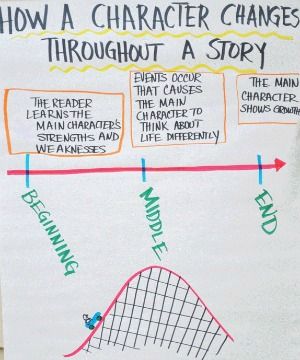
As a playwright, I sympathize with the producer. He wants a play that is going to work. However, as a playwright who is zealous about her own copyright protections, I have to side with the Harper Lee estate: It is clear that, in giving Atticus a narrative arc, the producer has deviated substantially from the character in the book. In rewriting the role of Calpurnia to be a major voice in the play, the producer has essentially created a new character.
Attorney Tonja Carter, representing the Harper Lee estate fires back that the new Atticus “is more like an edgy sitcom dad in the 21st Century than the iconic Atticus of the novel.”
So that is the current standoff.
But I think both sides are missing something. It’s not about Atticus. It’s never been about Atticus. The voice of the narrator in the book is a gender-non-conforming girl named Scout. Atticus is her father. Harper Lee, a lesbian, has created a character that is her alter-ego, telling a story that was inspired by an actual event that occurred near her hometown in Alabama when she was ten years old. The plot and observations in the book are loosely based on her own experience. The model for Atticus was her own father.
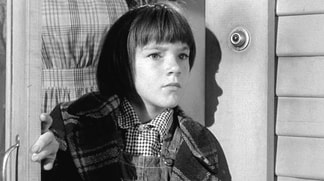 Actress Mary Badham as Scout in the film
Actress Mary Badham as Scout in the film Why not make Scout the central figure in the Broadway show? In the book, she is six, but she was older in the film. If the play is refracted through the adoring eyes of a child, wouldn't that explain her idealized experience of her father? In the book, Scout accompanies Calpurnia to a Black church, where she has a massive awakening as she sees Calpurnia's transformation of status among members of her own community. No need to violate the contract. Just allow the woman the full and radical context of that scene.
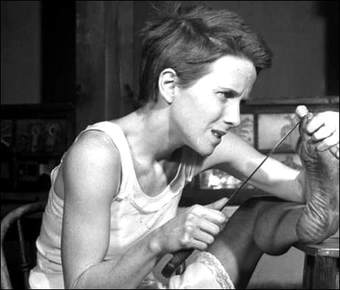 Julie Harris as Frankie in Member of the Wedding
Julie Harris as Frankie in Member of the Wedding Yes, there will be a problem if Aaron Sorkin stays on to attempt a Scout-centric adaptation. Sorkin’s writing credits include the television series The West Wing, and a roster of tough-talking, political films including A Few Good Men, The American President, Charlie Wilson's War, Moneyball, and Steve Jobs. He has already been questioned about his ability to write dialogue for Harper Lee’s juvenile characters. Asked if they will be expected to “speak Sorkin,” he responded, "Well, they're gonna have to, because I didn't write their language like they were children."
As a solution to this author-producer deadlock, I would like to put my name forward as an alternative writer. My credentials include thirty years of creating and performing lesbian roles for the stage, including more than a dozen gender-non-conforming roles for little girls. I invite Mr. Rudin to the webpage for my Butch Visibility Project. I really believe this might work.
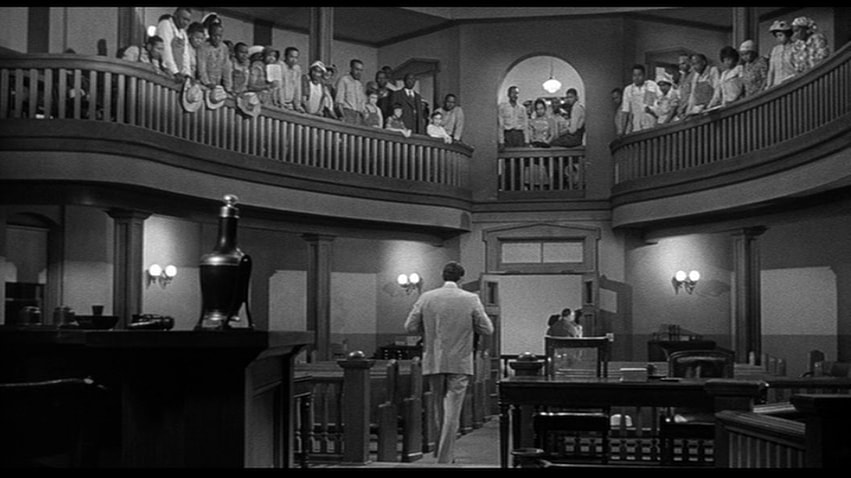
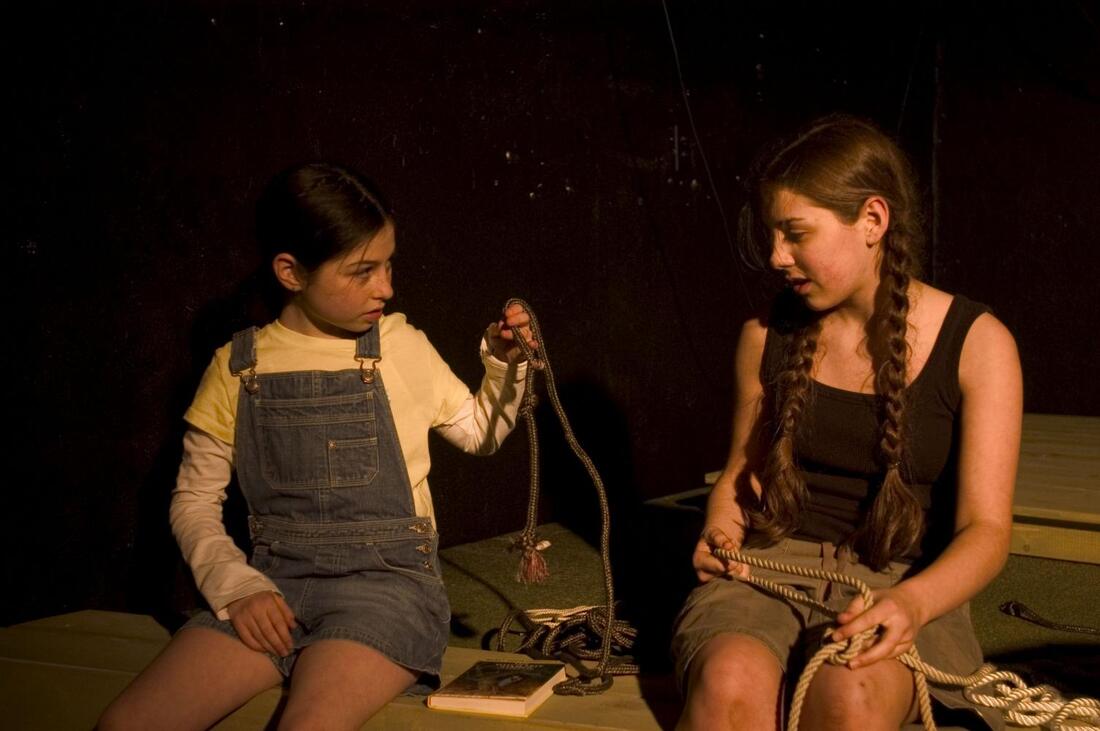

 RSS Feed
RSS Feed
